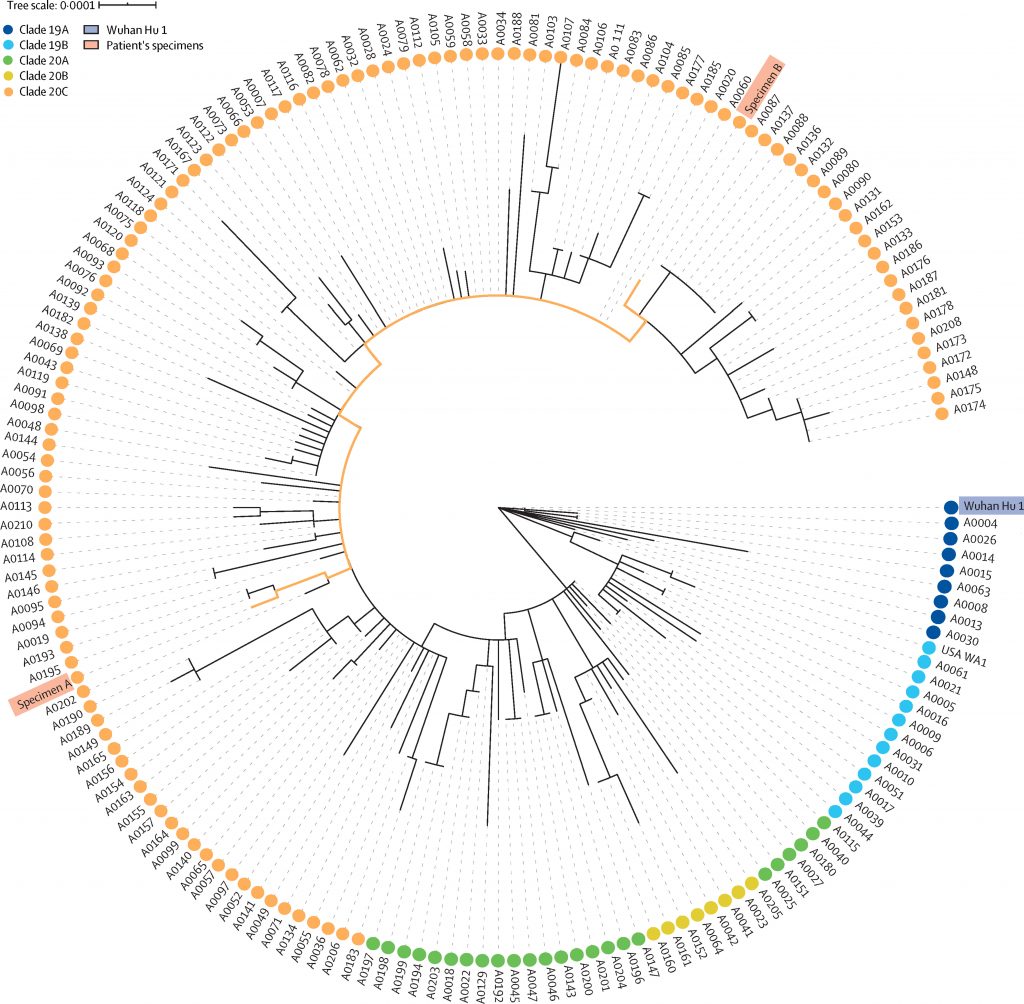Will SARS-CoV-2 Antibodies Protect You from Reinfection?
Author: May Thongthum

As of September 9, 2020, there are three reports of infection with variable symptom severity that have been published on PubMed, preprint server, suggesting the possibility of SARS-CoV-2 reinfection. RL Tillettand colleagues investigated the reinfection with a 25-year-old man who had a laboratory confirmation of SARS-CoV-2 infection in April 2020 which was thenfollowed by a secondary infection within 6 weeks in June 2020, after two negative tests conductedduring a follow-up in May 2020. The researchers performed next-generation sequencing of SARS-CoV-2 extracted from nasopharyngeal swabs.
The genomic analysis showed genetically significant differences between each variant presented in the sample with each instance of infection. The results suggest that the patient was infected by two genetically distinct viruses. This means that previous exposure to SARS-CoV-2 might not guarantee total immunity against the next reinfection (Tillett, 2020). Therefore, all previously infected individuals should take precautions to avoid reinfection with SARS-CoV-2, which could be symptomatically more severe than the first infection
References:
Figure Retrieved fromTillett, R. L., et al. “Genomic evidence for reinfection with SARS-CoV-2: a case study.” The Lancet Infectious Diseases
Genomic evidence for reinfection with SARS-CoV-2: a case study